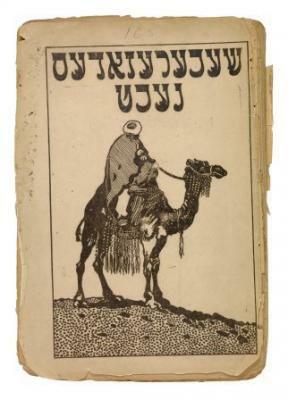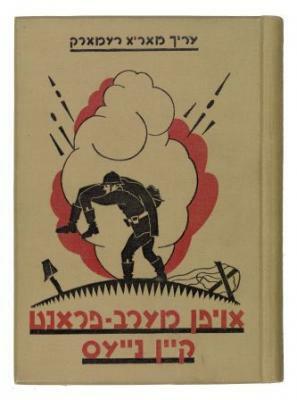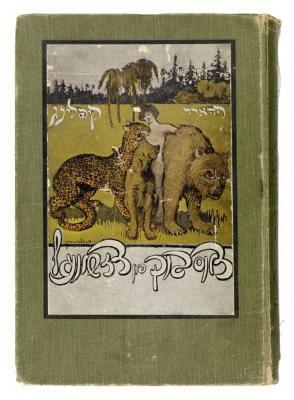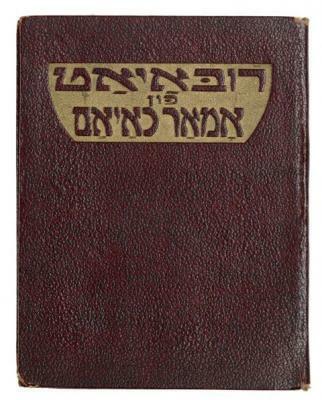Translating the World
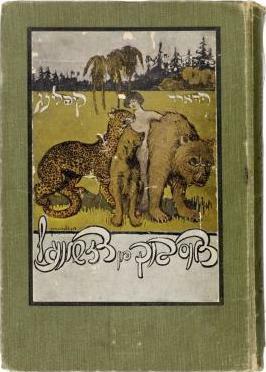
Beginning in the second half of the nineteenth century, translations of world literature carried Yiddish readers to places they had never been, from Sheherazade’s Persia to Jack London’s Klondike.
The tastes of Yiddish readers were international, adventurous, and eclectic. Jews liked popular fiction—Émile Zola, Jules Verne, Charles Dickens, Jack London, Anatole France, and Arthur Conan Doyle. They had literary leanings—the great Russian novelists and the great German poets; Shakespeare; the Scandinavian writers Ibsen, Strindberg, and Knut Hamsun; children’s books from Bambito Treasure Island to Tom Sawyer. They liked a whiff of scandal: Walt Whitman, Oscar Wilde, and (heavily expurgated) D. H. Lawrence’s Lady Chatterley’s Lover. They dipped cautiously into classical antiquity with translations of Aeschylus, Sophocles, Plato, and Aesop, and into Eastern sensibilities with The Bhagavad-Gita, Rabindranath Tagore, and Kahlil Gibran.
Nonfiction translations were also popular and included Darwin’s Origin of Species, Nietzsche’s Also sprach Zarathustra, a few volumes of Freud, and countless volumes of socialist and communist theory—usually bound in red.
The translators of such works included the well-known, the unknown, and those identified only by their initials. Mendele translated Jules Verne’s Five Weeks in a Balloon. The young Isaac Bashevis Singer translated Erich Maria Remarque’s All Quiet on the Western Front and Thomas Mann’s The Magic Mountain. Many other writers and critics found translation a way to experiment with the Yiddish language while keeping food on the table.
Translating the World
More on Yiddish translation from our collections
Yiddish translators took to Rudyard Kipling like a cobra to a feast of baby birds—A From the Vault article
Yiddish Book Center Translation Initiative—includes short works in translation, links to Pakn Treger Digital Translation Issue archives, and information about past and upcoming longer works in translation
An oral history interview with Goldie Morgentaler, daughter and translator of the Yiddish writer Chava Rosenfarb
Realizing Yiddish Translation in the 21st Century—a podcast episode
Translating Chaim Grade—a podcast episode
Jack Berger's Work Translating Yizkor Books—a podcast episode
More podcast episodes about Yiddish translation from The Shmooze

